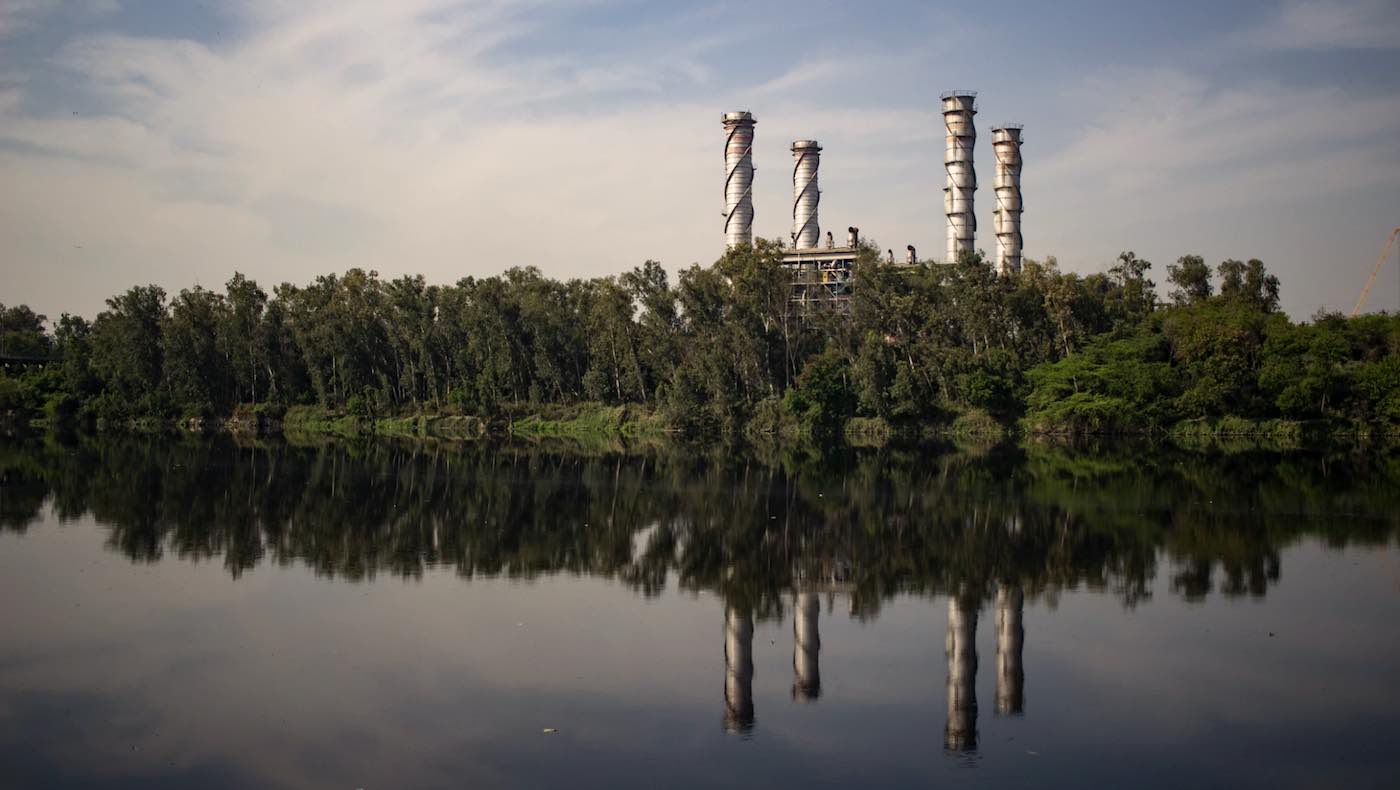With a population of 1.2 billion people, any news of renewable energy success in India is a cause for celebration. One would undoubtedly expect to see decreasing carbon emissions due to widespread travel reductions due to COVID-19 prevention measures, but a further analysis shows us that coronavirus doesn’t get to take all the credit, and the unholy trinity of oil, coal and gas seems to be on the downward slide.
In a report from carbonbrief.org, daily statistics on energy consumption and power plant activities demonstrate that India’s total year–over–year emissions has, for the first time in 4 decades, fallen.
The country’s CO2 emissions fell by 15% in March, and 30% in April, in what could primarily be attributed to COVID-19 measures. However for 12 months, the rate at which Indians were demanding more power slowed drastically, and it was the March shutdowns that capped the new growth of power generation from oil, coal and gas below zero for the first 12-month period in 30 years (falling 1%).
Moreover, in March, when coal-fired power generation fell by 15% it was married with a 6.7% increase in use of renewable energy. These were also joined by a year-by-year fall in total coal deliveries, both imported and domestic—the first of such demand drops in 20 years.
This was despite the fact that more coal was mined in India this fiscal year than last year, indicating that the slowdown is not due to limited supply but a milder demand for coal as an energy source.
Production for other fossil fuel energy sources is also falling, with fiscal year 2019-20 seeing a drop in crude oil production of 5.9% and natural gas of 5.2%.
Twilight of Indian Coal?
Good News Network has reported extensively already this year about such market forces pushing coal use, and in some cases oil use, to the point of complete and total unprofitability—not just in countries like Sweden, but in the U.S. India, and China.
LOOK: Scuba Diving Group Swamped With Orders for Its Face Masks Made From Recycled Ocean Plastic
Coal is becoming less and less profitable in India, and a recent energy contract auction—used by public sector planners to encourage private energy development, investment, and production—secured 2,000 megawatts per hour of solar energy at a price of $34 per hour. In contrast, oil over the same time period, when the contract was awarded, was costing $45 per hour.
According to a report from Carbon Tracker entitled “How to Waste Half a Trillion Dollars” economists warn that half a trillion in coal-plant investments around the world are at risk of becoming so unprofitable in the future as to totally impair the repayment of any investment dollars, as it is already 50% more expensive to operate an Indian coal-fired power plant than renewable sources. This number will rise to 100% by 2030.
India recently began setting records for cleaner air, and now it seems the country is leaping on the opportunity to keep it going.
This is just one of many inspiring stories and updates that are coming out of the COVID-19 news coverage this week. For more uplifting coverage on the outbreaks, click here.
Multiply The Good News By Sharing It With Your Friends On Social Media…




















